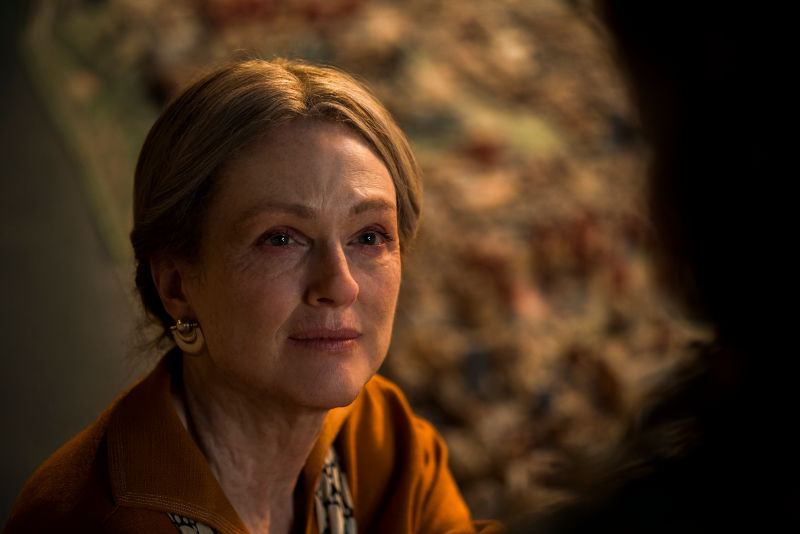OCTOBER 25, 2017
Boy, I wish I liked this film better than I do. Stories that are told decades apart from one another can sometimes work (spectacularly well, in the case of “The Godfather Part II”), but most times audiences are jerked between time periods, having to adjust to differing tones and points of view, and Todd Haynes, many of whose films I’ve championed, unfortunately falls into the same trap with “Wonderstruck.”
Haynes is not a filmmaker who avoids taking chances. His first big underground success, “Superstar,” told the story of the late singer Karen Carpenter by using Barbie dolls as actors, but Haynes ran afoul of the Carpenter estate by not clearing the use of the duo’s music. Yet the lawsuit only enhanced the short’s cache, and Haynes went on to mainstream success with “Far From Heaven” (2002), which was nominated for four Academy Awards and “Carol” (2015), which earned six Oscar nods.
Haynes’ latest film, “Wonderstruck,” is a hugely ambitious project. Based on the 2011 novel by Brian Selznick, who earlier picture book, “The Invention of Hugo Cabret,” was the basis for Martin Scorsese’s award-winning film, “Hugo,” “Wonderstruck” tells the stories of two kids, set 50 years apart, who both suffer hearing loss and leave their homes to set out for New York City.
In 1927, Rose, a deaf 12 year-old (played wonderfully by Millicent Simmonds, who is actually deaf), runs away from her New Jersey home to search for her silent screen idol Lillian Mayhew (Julianne Moore), a D.W. Griffith-style damsel-in-distress. Haynes actually includes footage from Mayhew’s latest film “Daughters of the Storm,” which is absolutely spot on as Mayhew clutches her child while the wind bellows in her face. But he doesn’t use supertitles in it, so for this sequence, we are seeing the film exactly how the deaf Rose sees it as well.
Intercut with Rose’s story is that of Ben (Oakes Fegley, who was so good in David Lowery’s underappreciated remake of “Pete’s Dragon” in 2016), who, in 1977, peppers his mother Elaine (Michelle Williams) with questions about his father, whose absence remains a mystery. When Elaine dies in a car accident, Ben takes his mom’s rainy day fund and, armed with only a faded bookmark from Kincaid’s bookstore in Manhattan that reads “Elaine, I’ll wait for you. Love, Danny,” boards a Greyhound bus to solve the mystery of his father.
Before leaving, however, Ben is the victim of a freak lightning accident which deprives him of his hearing, so like Rose 50 years earlier, he enters New York City deaf, and also like Rose, winds up at New York’s Museum of Natural History.
As well-done as each story is on its own, the problem with “Wonderstruck” is that the two halves don’t make a whole. Yes, Edward Lachman’s cinematography in the 1927 section is gorgeous, and there is a twist which is designed to bring the two stories together, but the “wow” moment for which “Wonderstruck” seems to be aiming simply isn’t there.
There’s much to admire here, but not a whole lot to love.
GRADE: B-












